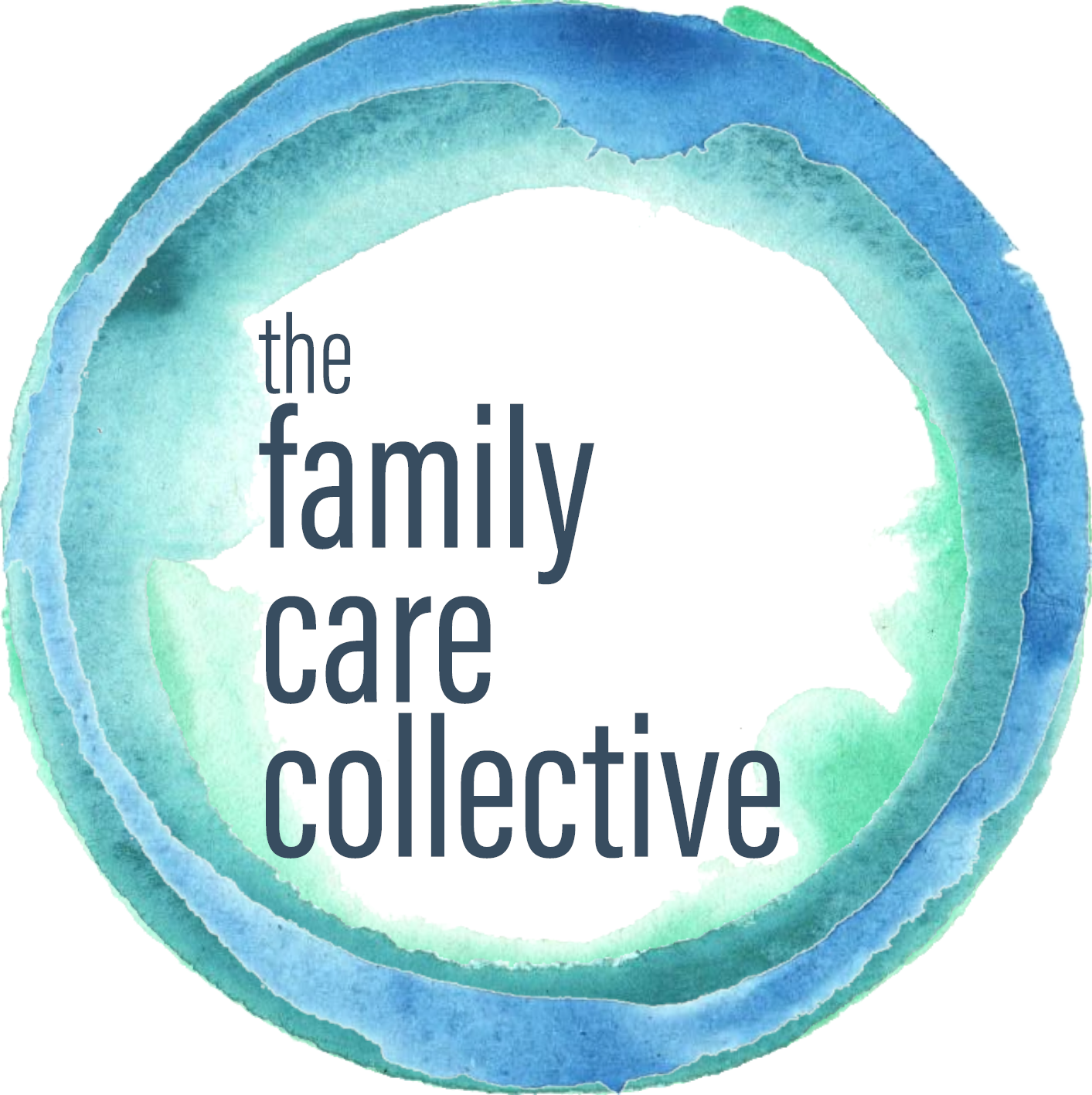Founders
Suparna Choudhury and Millie Tresierra
Cofounders Millie Tresierra and Suparna Choudhury came together in the year prior to the pandemic with a vision to create more access to care and resources for vulnerable communities in Montreal. Both mothers and involved in community work, Millie as a doula and medical advocate, and Suparna as a researcher in transcultural psychiatry, they were drawn to the intersection between these two worlds and the rich potential in exploring a multi-directional approach for sustainable resource building and access, grounded in both research and practical, lived experience.
Trained originally as a neuroscientist, Suparna has worked as a researcher in London, Paris, Berlin and Montreal developing interdisciplinary skills to examine the implications of the new brain sciences for health and society. This work aligns perfectly with FCC’s mandate to merge incoming research and its implications on real world outcomes. Millie, originally from Peru & inspired by her father’s work with indigenous cultures, women & conservation, has worked with underprivileged populations in marginalized communities for most of her life, and appreciates the nuances that Suparna’s experience brings to the table. Millie & Suparna are prompted by their own experiences in motherhood & the healthcare system.
They each work diligently advocating for equitable, unbiased, respectful, well-informed experiences for people in the perinatal period and beyond. Mental health and accessible health care have been on the foreground of their work creating spaces and opportunities for collaboration and community, and merging a practical, community approach with research. The Family Care Collective was born as a catalyst to transform a broken system that is not only challenging to navigate, but finds many individuals falling through the cracks.
A bit more about Suparna:
Assistant Professor and Co-Director of the Culture, Mind & Brain Program at the Division of Social & Transcultural Psychiatry, McGill University. Her research is at the intersection of cognitive neuroscience and anthropology. Trained originally as a neuroscientist, Suparna has worked as a researcher in London, Paris, Berlin and Montreal developing interdisciplinary skills to examine the implications of the new brain sciences for health and society. Her doctoral research in cognitive neuroscience at University College London investigated the development of the social brain during adolescence. Her current projects investigate the effects of social inequality on child and adolescent cognitive development; conceptions and measurement of dignity; psychosis and the city, the emotional, moral and political dimensions of biomedical discourse and interventions among pregnant women and new mothers, and the experiences of obstetric violence. At the core of her work is a commitment to examining the politics of psychiatry and the central role of social and cultural context in mental health. She has experience in research and advocacy at the Medical Foundation for Victims of Torture in London and UNICEF, and is a member of the Educational Ecologies Collective, which aims to reimagine education systems to address the ecological crisis of our times. Suparna is of Indian origin, born in London, and a mother of two young children.
A bit more about Millie:
A perinatal and mental health advocate, doula, mentor and educator (, per support facilitator, NET practitioner, craniosacral therapist and naturopath).Originally from Peru and inspired by her father’s work with Indigenous Cultures, women and conservation, she has worked with underprivileged populations in marginalized communities in Costa Rica, Jamaica and Canada. Prompted by her own experiences with birth and the medical system, she advocated for families as a doula for 15 years, and now continues to work diligently for equitable, unbiased, respectful, well-informed experiences for people in the perinatal period and beyond. Mental health and accessible health care have been on the foreground of her work, collaborating closely with the CLSCs and other community organizations to create a sustainable network of support for mothers and families.


